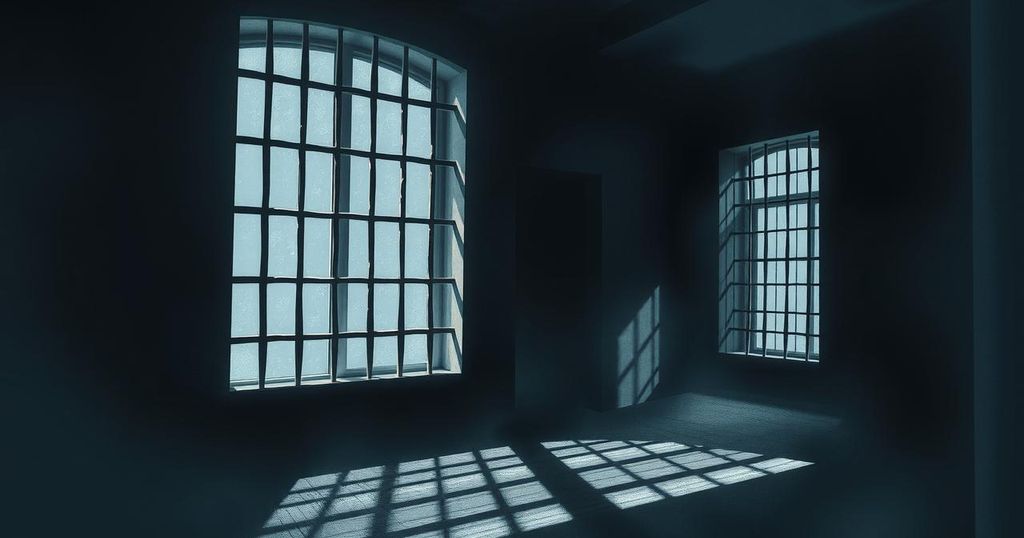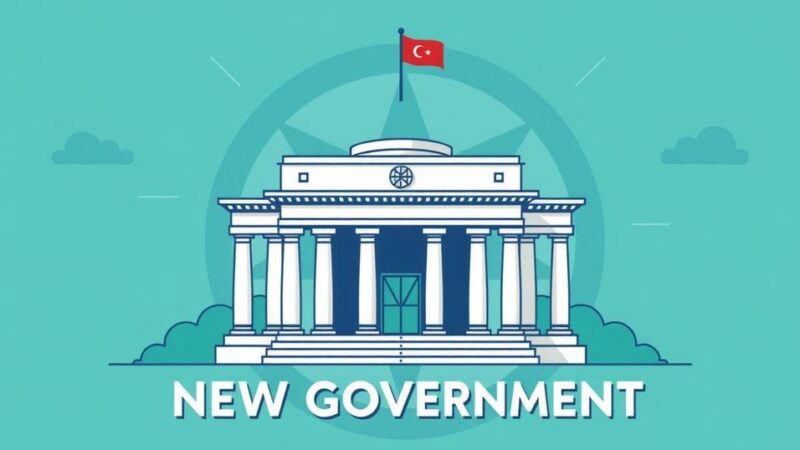South Sudanese authorities have arrested at least 22 opposition figures amidst ongoing violent clashes that have led to a political crisis. Human Rights Watch emphasizes the need for transparency and due process regarding these detentions. The National Security Service’s practices, including enforced disappearances, raise significant human rights concerns, necessitating urgent action from the government and the international community.
South Sudanese authorities have detained at least 22 political and military figures following violent clashes since mid-February 2025, which have now escalated into a political crisis. The arrests, notably of individuals associated with First Vice President Riek Machar’s Sudan People’s Liberation Army in Opposition (SPLA-IO), are causing significant concern, according to Human Rights Watch.
Nyagoah Tut Pur, a South Sudan researcher for Human Rights Watch, emphasized the urgent need for transparency regarding these arrests, indicating that they exacerbate instability in an already volatile environment. He called for authorities to reveal the fate of the detainees and respect their due process rights.
The arrests began on March 4, coinciding with escalating violence in Nasir, Upper Nile, where clashes between government forces and local militia groups have led to widespread civilian displacement. Human Rights Watch has urged the government to cease enforced disappearances of those linked to the opposition and ensure their legal rights are upheld.
On March 4, Lieutenant General Gabriel Duop Lam, deputy chief of staff of the unified army structures, and five of his bodyguards were detained by military authorities, yet their current whereabouts remain unknown. Enforced disappearance, as described in international law, occurs when authorities fail to disclose an individual’s detainment status.
Subsequent arrests included Puot Kang Chol, the petroleum minister, and several others on March 5, which highlighted the government’s pattern of arrests without clarification. Their detention was followed by transfers to detention facilities where their fates were closely monitored.
March 6 saw the arrests of police officials Thomas Jal Thomas and James Duop Gatleak, along with peacebuilding minister Stephen Par Kuol and three staff members who were released the following morning. The inconsistency in the treatment of detainees raises alarms regarding due process and state accountability.
The violence in Nasir escalated on March 7, when armed individuals attacked a UN helicopter, resulting in casualties among military personnel. In response, President Kiir announced the deployment of forces across major road junctions in Juba, indicating a decrease in security for opposition members, especially in support of Machar.
Human Rights Watch disclosed that 22 individuals linked to the SPLA-IO remain unaccounted for, amidst ongoing arrests of opposition figures. The NSS and military did not provide comments in response to inquiries about the situation. Information Minister Michael Makuei Lueth defended arrests as justified, while NSS officials indicated a continuation of operations linked to ongoing violence.
Light is shed on the legal limitations facing the National Security Service, which operates without substantial oversight and has been implicated in human rights abuses. Calls for reform suggest that government authorities should align the NSS’s operations with legal and constitutional standards.
Human Rights Watch advocates for the government to disclose grounds for arrests and to allow independent judicial review of detainees’ cases. The international community is urged to apply pressure for adherence to human rights standards and to eliminate enforced disappearances.
Pur concluded that human rights violations should cease, especially regarding opposition members, while asserting the need for the African Union and other entities to hold the South Sudanese authorities accountable for their obligations to uphold human rights and reduce political tensions.
In summary, the recent detentions of political and military personnel in South Sudan raise serious concerns regarding human rights violations and due process. The involvement of the National Security Service in these arrests, alongside the backdrop of violence in Upper Nile, highlights severe instability in the region. Human Rights Watch has called for government transparency and adherence to international standards to protect the rights of detainees and restore political stability. The international community must act to ensure that South Sudanese authorities respect human rights, end enforced disappearances, and maintain peace and order in a fragile political landscape.
Original Source: www.africa.com






